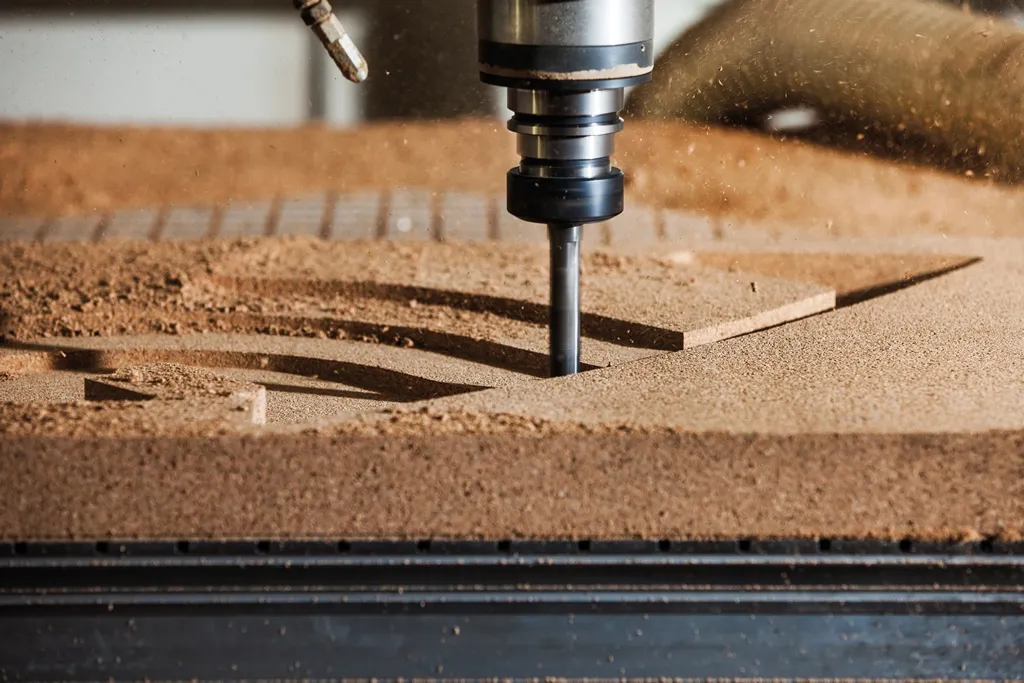Recycling cork offers numerous environmental, economic, and social benefits. Here are some key advantages:
Environmental Benefits
-
Conservation of Cork Forests: Recycling cork helps reduce the demand for new cork, which in turn helps preserve cork oak forests. These forests are critical for biodiversity, providing habitats for various species, including endangered ones.
-
Reduction of Waste: Recycling cork helps keep it out of landfills, where it would take years to decompose. This helps reduce the overall volume of waste and the associated environmental impact.
-
Lower Carbon Footprint: Recycling cork reduces the need for harvesting new cork, which involves carbon emissions from transportation and processing. Recycled cork typically has a lower carbon footprint.
-
Sustainability: Cork oak trees can live up to 200 years, and harvesting cork does not harm the trees. By recycling cork, we promote the sustainable use of this renewable resource.
Economic Benefits
-
Job Creation: The recycling process creates jobs in collecting, processing, and repurposing cork. This can benefit local economies, especially in regions where cork production is a significant industry.
-
Cost Savings: Businesses and manufacturers can save on raw material costs by using recycled cork instead of new cork. This can lead to more competitive pricing and potentially lower costs for consumers.
Social Benefits
-
Community Engagement: Cork recycling initiatives often involve community participation, raising awareness about environmental issues and promoting sustainable practices.
-
Educational Opportunities: Recycling programs can serve as educational tools, teaching people about the importance of recycling, sustainability, and the specific benefits of cork as a material.
Practical Uses of Recycled Cork
-
Construction Materials: Recycled cork can be used in the production of insulation materials, flooring, and other building products, contributing to more sustainable construction practices.
-
Consumer Products: Recycled cork is used in various consumer goods, including shoes, bags, and furniture, showcasing its versatility and promoting eco-friendly product options.
-
Industrial Applications: Cork’s unique properties, such as being lightweight, buoyant, and resistant to moisture and fire, make it valuable for industrial uses, including gaskets, seals, and aerospace components.
Circular Economy
-
Resource Efficiency: Cork recycling aligns with the principles of a circular economy, where materials are kept in use for as long as possible, extracting maximum value before recovery and regeneration at the end of their service life.
-
Innovation and Creativity: The recycling process encourages innovation, as new methods and technologies are developed to repurpose cork efficiently and effectively.
In summary, recycling cork offers substantial benefits across various domains, promoting environmental sustainability, economic vitality, and social well-being while contributing to a circular economy.
Do you have more questions? Fancy joining our ecosystem of sustainable businesses who celebrate cork and save tons of CO2 by collecting cork stoppers for recycling and repurposing?
Email us at info{at}corkcycle{dot}org or check our website here.

